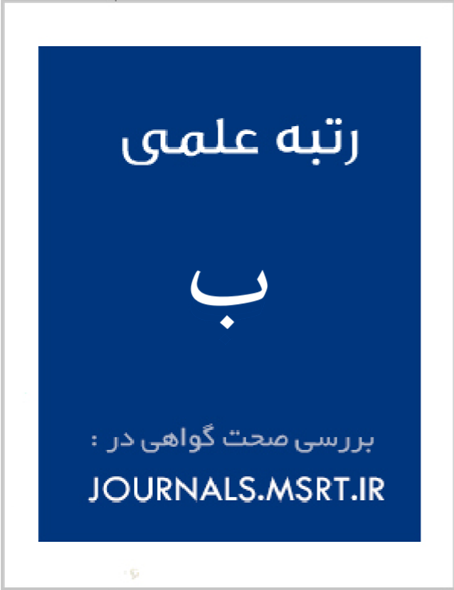Identifying the Process of Internalization of Moral Teachings in Adolescents with Qur’anic Education: A Qualitative Study
Keywords:
Internalization, religious ethics, adolescents, Qur’anic education, grounded theory, IranAbstract
This study aimed to identify and explain the process of internalizing moral teachings in adolescents with a focus on Qur’anic education. A qualitative approach based on grounded theory was used in this research. The study population consisted of adolescents with experience in Qur’anic education in Tehran, from whom 16 participants were selected using purposive sampling until theoretical saturation. Data were collected through semi-structured interviews and analyzed using a three-stage coding method. NVivo software was used to manage and analyze the data. Data analysis revealed that the process of internalizing moral teachings occurs at three main levels: cognitive processes (familiarity with concepts, personal reflection, questioning, and identity formation), contextual and external factors (family, peers, teachers, school, media, and significant life events), and internalization strategies (practical application, self-monitoring, feedback, modeling, and group participation). Personal reflection, family support, and practical experience of Qur’anic teachings were found to be particularly decisive. The internalization of moral teachings in adolescents is an interactive and multi-level process influenced by cognitive, environmental, and strategic factors, with personal reflection and environmental support playing key roles. These findings can be used to design Qur’an-based educational and training programs for adolescents.
Downloads
Downloads
Published
Submitted
Revised
Accepted
Issue
Section
License

This work is licensed under a Creative Commons Attribution-NonCommercial 4.0 International License.


